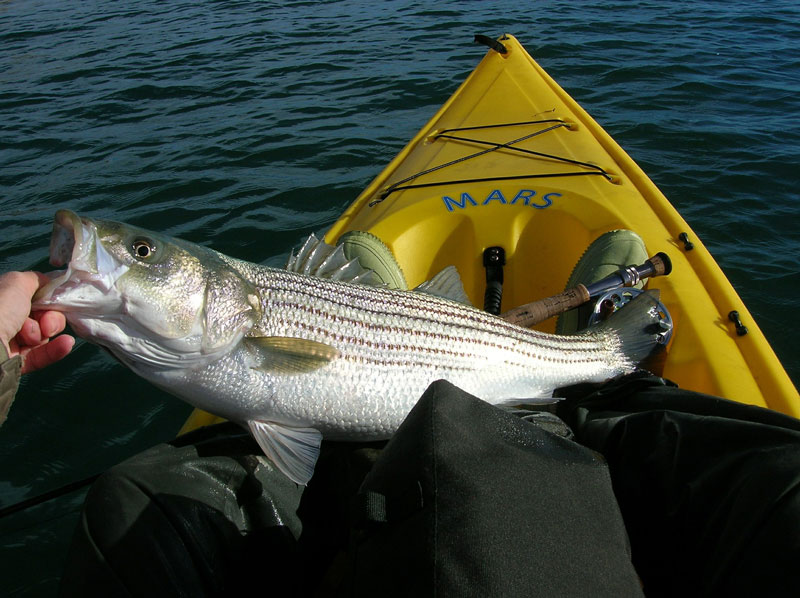Mike Waine, Atlantic Fisheries Policy Director, and Gary Jennings, Keep Florida Fishing Director, attended the Atlantic States Marine Fisheries Commission (ASMFC) meeting in Arlington, VA on August 7 and 8. Jennings also serves as the Governor’s Appointee Commissioner for the State of Florida.
Among the topics discussed were Atlantic striped bass, menhaden, and cobia.
Striped Bass – ASMFC remains focused on managing mortality from catch-and-release fishing, also known as dead discards. The technical committee has been tasked with evaluating the effects of no-targeting closures (where catch-and-release fishing is prohibited) and the trade-offs of implementing these closures at different times of the year. ASA has raised significant concerns about the economic impacts of any catch-and-release fishing closures, especially since managers have not enforced equitable reductions in the commercial fishery during population rebuilding. ASMFC is expected to release a public survey later this year to gather anglers’ input on managing catch-and-release fishing for striped bass. ASA plans to collaborate with its media partners to widely distribute this survey, given the potential negative impacts of catch-and-release closures.
Menhaden – ASMFC voted unanimously to establish a Management Board working group to consider time and area closures for commercial menhaden fisheries in the Chesapeake Bay. This decision reflects growing concerns by ASA and other stakeholders over the impact of commercial menhaden fishing on the Bay’s ecosystem, an important producer area for striped bass and several other popular sportfish. The workgroup will present initial results of their discussions at ASMFC’s October 2024 meeting.
Cobia – ASMFC revised recreational allocations for Atlantic Cobia, shifting from a state-by-state approach to a regional one, dividing the regions into a northern region (Rhode Island through Virginia) and a southern region (North Carolina through Georgia). This regional approach aims to reduce uncertainty by using combined harvest estimates from multiple states, based on a larger sample size. The allocations are based on more recent catch data that accounts for changes in harvest and a range expansion of the species to the north in recent years. ASA agrees with a regional allocation framework considering persistent recreational catch data uncertainty in the cobia fishery. Given that the allocation change has increased quota for the northern region, ASA urges those states benefiting from this adjustment to actively manage their harvests to meet targets, in order to avoid depending on future quota shifts as a management strategy.
Share This Article, Choose Your Platform:
Recent Posts



